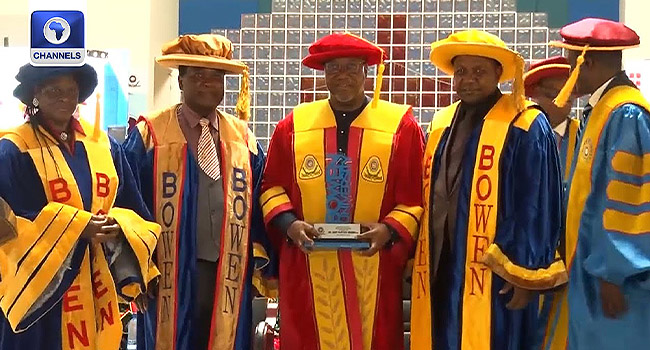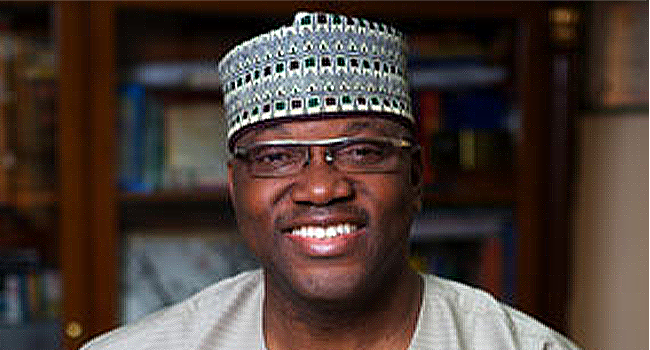
Iran was also sending weapons and ammunition to Syrian government forces despite a ban, said Thomas Countryman, Assistant Secretary for International Security and Nonproliferation.
“Both Iran and North Korea have developed channels that enable them to continue to export and continue to procure the items they need for their weapons industry,” he told a news briefing in Geneva.
In comments to Reuters, he made clear he was referring to high-tech materials related to nuclear and other programs, including conventional weapons.
Iran and North Korea are under U.N. sanctions banning sales of nuclear, missile and related high-tech material to them as well as the export of any military material, Countryman said.
There was a determined international effort to enforce the U.N. sanctions and prevent such trade, he said.
Regarding Iran’s alleged efforts, he said: “Certain Iranian procuring agents in high-tech places like China push very hard.”
Asked about any cooperation between Iran and North Korea in nuclear matters, a U.S. official, speaking on condition of not being identified, said: “They have contacts. We are watching it.
Western experts say the two countries have cooperated on ballistic missile development and there is concern that cooperation may extend to the nuclear field, though no such link has been proven.
North Korea, which conducted a third nuclear test in February, continues development of nuclear technology and long-range ballistic missiles that will move it closer to its stated goal of being able to hit the United States with an atomic weapon, a Pentagon report said on Thursday.
Countryman led the U.S. delegation to a two-week session that reviewed progress in implementing the 1970 nuclear Non-Proliferation Treaty (NPT) that aims to prevent the spread of atomic weapons. The Geneva talks end on Friday.
“Obviously, more needs to be done in order for the regime in Iran to hear the message that it must seriously address its non-compliance with the Non-Proliferation Treaty,” he said.
Critics say Iran is trying to achieve the ability to make nuclear bombs. Tehran denies this, saying it needs nuclear power for energy generation and medical purposes.
Negotiators from the European Union and Iran will meet in Istanbul this month to discuss future diplomatic efforts to resolve the dispute over Tehran’s nuclear program.




